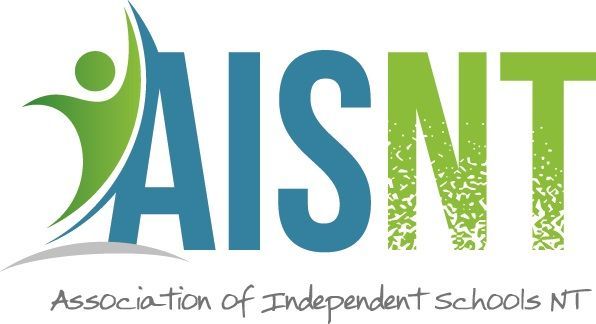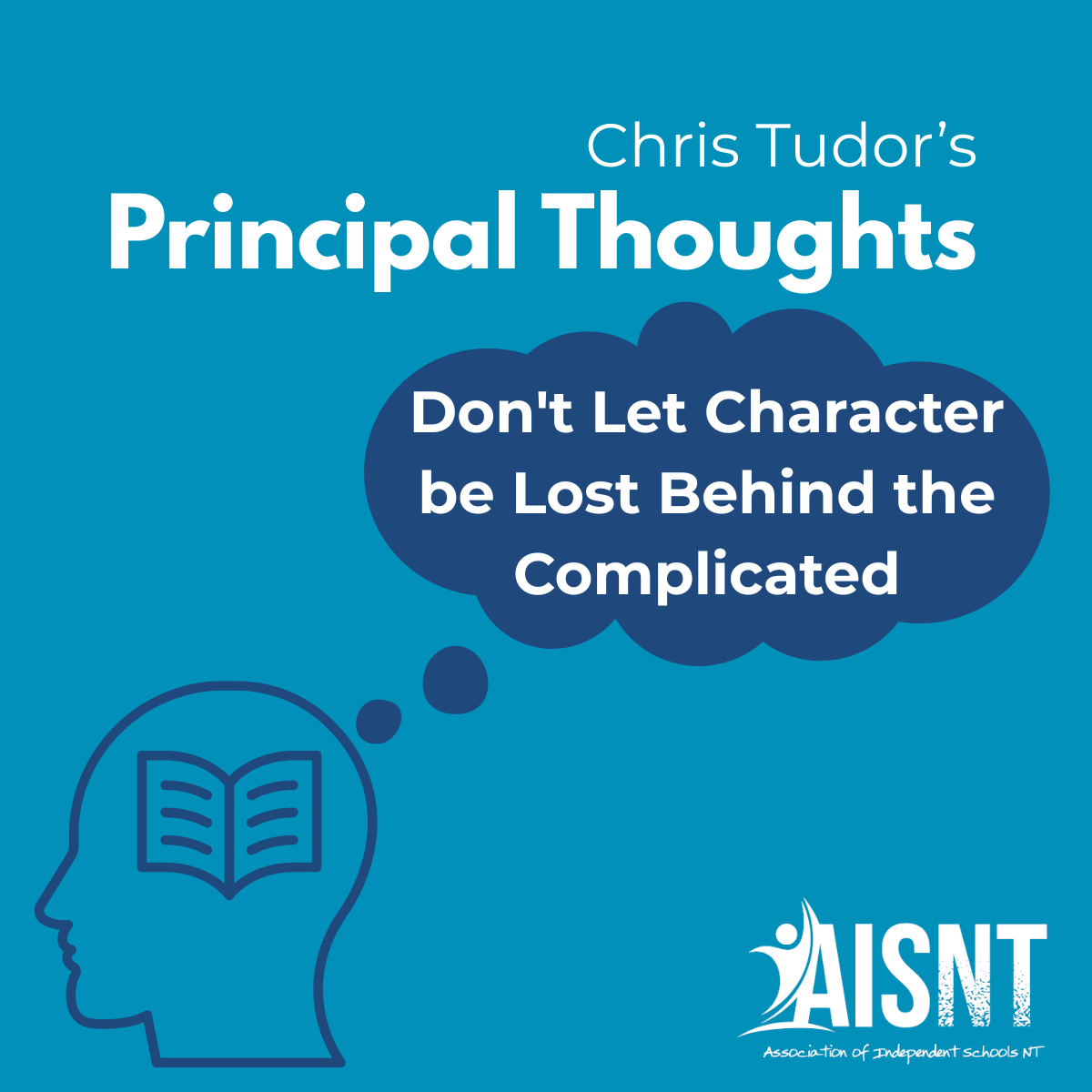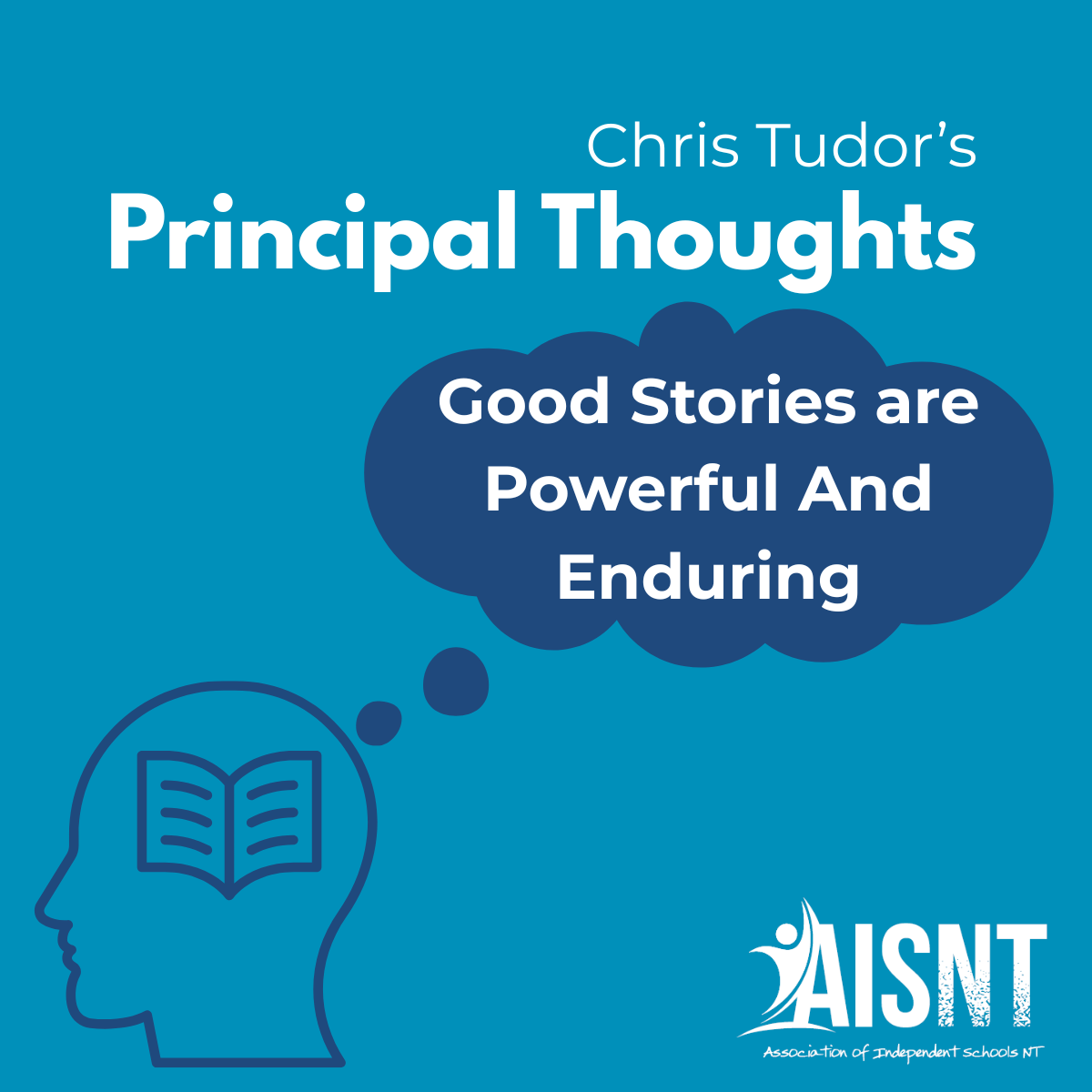History of AISNT: Tiwi College
Melville island is a beautiful location situated 107 kilometres from the capital of the NT, Darwin. It is part of the Tiwi Islands , is located in the Arafura Sea and is the close neighbour of Bathurst Island, separated by the narrow Aspley Strait. It’s population is 1030 with the largest settlement being Milikapiti which has a population of 559. The other major community is Pirlangimpi which has 500 people. The main community on Bathurst Island is Wurrumiyanga which is the largest Tiwi community of 1500 people. There are 9 smaller uninhabited islands.
Tiwi people have occupied the islands for at least 40,000 years. In 1978 control of the islands was transferred to the Aboriginal Traditional Owners through the Tiwi Aboriginal Land Trust and in 1978 the Tiwi Land Council was founded. In 2008 the Tiwi Islands Shire Council was formed as the local government area.
The Tiwi people are famous for their sport particularly AFL football and have produced a number of famous Australian players including Cyril Rioli and Michael Long. The people are talented artists with their work being sent all over the world.
The Tiwi Land Council Elders wanted Tiwi College to be built at Pickataramoor as it was not inside the larger communities but central to all three. The school is located in what the locals call “Peaceful Picka”. It is isolated from the rest of the islands’ communities. Students are weekly boarders and are therefore able to be involved in 24-hour learning before being returned to their homes for the weekend. Students are picked up and transported to the school by the College staff.
After a challenging process the long-term dream of the Tiwi people was realised in 2008 with the establishment of the College. This was undertaken by the NT Christian Schools who took the project on enthusiastically including turning their building group at Marrara to construct some of the facilities needed. In May 2010 it was officially opened by the then Governor - General of Australia Quentin Bryce.
After two years under the administration of the Christian Schools the Tiwi people decided that they would like to govern the school themselves, so the present governance structure was established where the School is governed by the Tiwi Education Board. This is comprised of members of all eight “Countries” which comprise the Tiwi Islands, each having a representative on the Board and is bound by the Tiwi Education Board Incorporated Constitution and the Northern Territory Associations Act.
Accommodation is really important for the College. While at the College students are housed in Family Group Homes under the care of houseparents who manage this part of the education program. This helps address the issues of retaining students and developing a western /social understanding of life skills which are necessary for fulfilling adult life.
The mission of the College is presented in its web site:
“With Leadership and Guidance from Tiwi: our College community uses a holistic approach to develop key knowledge and skills required for vocational choices with happy, rewarding and healthy lives. Our College has the ability to improve the lives of the young Tiwi via an intensive, caring approach. We ensure that our education balances the strengths of the Tiwi with the knowledge and skills required in a Western workforce.”
The College program is well structured. This is outlined by the College as follows:
“Our first half of the day is strictly devoted to literacy and numeracy. In the afternoons other subjects are taught, especially the more tactile subjects, which are the strength of many Tiwi. We focus on sport, art, music, dance, horticulture and cooking. Our “after school” programs are also regarded as part of schooling and therefore reported on.”
Classes are divided into boys and girls which meets cultural expectations. There is a primary class, middle school boys, middle school girls, senior young men, senior young women. The College has established an Academy. This is a “holistic program, using sport as an engagement strategy for the young athletic Tiwi to improve attendance rates, leadership qualities, self-discipline and emotional wellbeing”.
Tiwi College has a strong link with Scotch College in Melbourne. Scotch annually hosts about 16 boys and 3 teachers from the College. During their week in Melbourne the boys are billeted by year 8 families, attend school with their hosts and visit a number of Melbourne notable sites. Part of the visit includes an annual football match, Tiwi verses Scotch. As part of the program a group of Scotch boys will travel up to Tiwi College, later in the year as part of a cultural immersion program.
It is not easy to attract a Principal to an offshore school such as Tiwi, though the school to function properly really needs a special person who not only deeply understands education, but particularly as it relates to the Tiwi people. The Principal must be able to work wisely with the board and relate really well to teachers and students.
A really successful Principal was Ian Smith who held the position for seven years from 2011 to 2017. It is valuable to consider why Ian was so successful. Firstly, he knew the Tiwi people having previously worked at Xavier Catholic College, Wurrumiyanga for two years. This knowledge was really valuable and produced a sound understanding of the people. When the Principal’s position came up a few years later the Tiwi were keen that he apply. They clearly thought that he would understand them, listen to their ideas and have the right influence on their children. They were fully aware that he respected them and was prepared to listen. So, Ian was appointed and thus began a very fruitful 7-year Principalship.
Ian was wise in the staff that he chose. He and the Tiwi Education Board recognised the importance of sensible competent staff to run the student accommodation. They found that Pacific Islanders were particularly effective at this and were well liked by the students. Everyone knew that if the school was to be effective the students needed to feel safe and happy. Ian understood well the importance of listening to the Tiwi community, of setting out to implement their vision and of being strong in his leadership. Obviously, continuity of good leadership in Aboriginal Communities is vital.
Authentic leadership of an Aboriginal Community School is very effective. The Community want to know who the Principal truly is as a person and be able to trust them knowing that they will do the best by their children. Knowing that the Principal really respects them, their vision and their children is an important ingredient for a school to be successful.
Because the school is an Incorporated Body, an essential state if it is to receive the “life blood” which is government money, its board has to have a good understanding of appropriate governance. AISNT has played a constructive role in ensuring that this has been developed. Of course, part of this is to ensure that the School has an understanding, effective and conscientious Business Manager, one who will present information in a ready, friendly way - which helps them make well informed decisions. The school has been fortunate to be served by such a person.
So, Tiwi College serves the community well with a Board determined to promote its vision and the many challenges that a school has in providing a good education in the local environment of its students, always seeking to provide good and loyal staff dedicated to the Community’s Vision, to the students and their success.
Written by Chris Tudor



